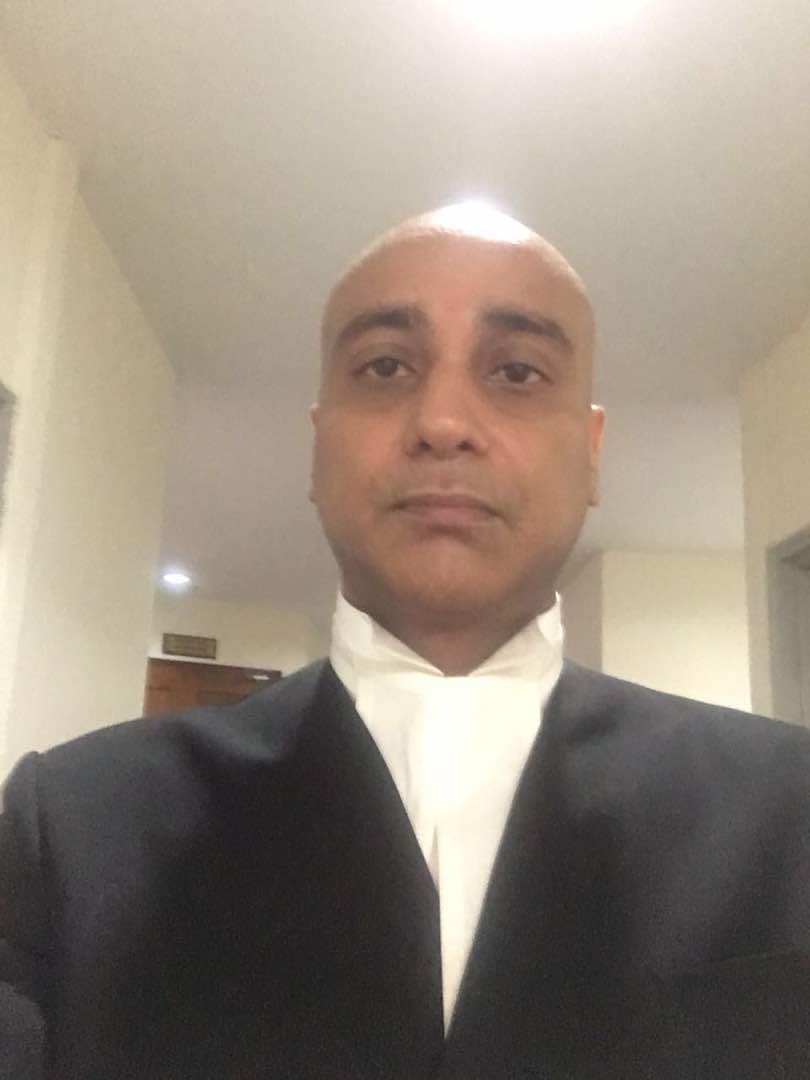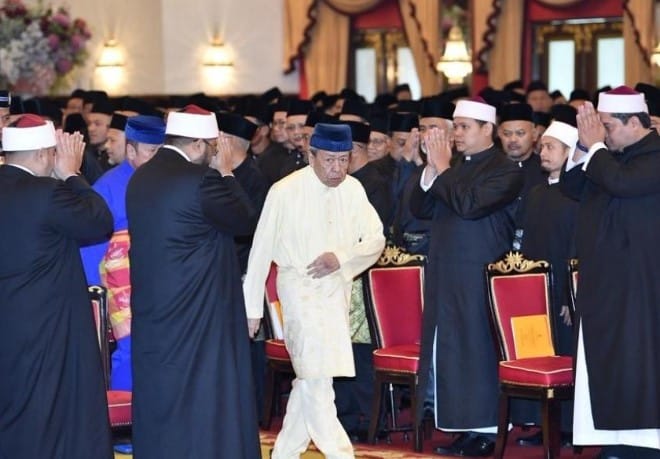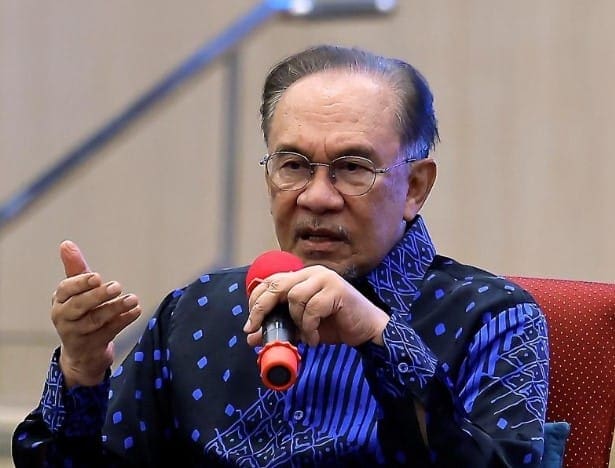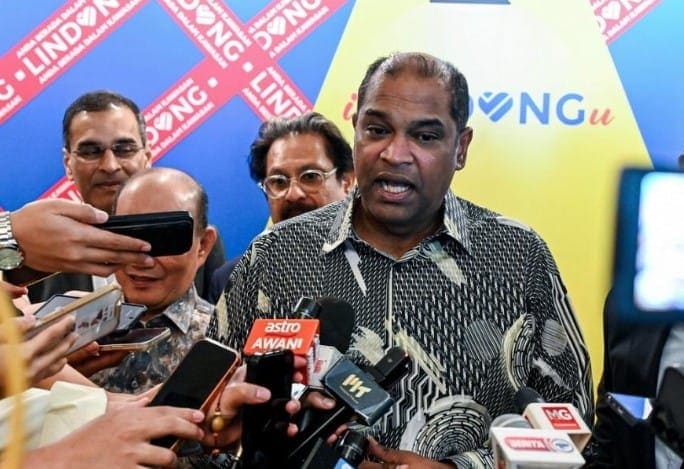
Lawyer Dato' Seri Rajan Navaratnam
Kuala Lumpur, Sept 24 – Once again the issue of child marriages has dominated the news in mainstream media. Previously a 41 year old Malaysian man had solemnized his marriage in Southern Thailand with a 11 year old girl which had brought about much debate and discussions by citizens and lawmakers as to whether such marriages should be allowed and accepted in our progressive society. More recently, a 15-year old girl was married to a 44 year old man in Kelantan, which infuriated the public even further.
The debate and discussion on child marriages was reignited when Sabah Mufti Bungsu @ Aziz Jaafar had called for the marriage age to be reduced from 16 years to 14 years for girls, and 18 years to 16 for boys on the justification that teens these days were more exposed to sex at an early age.
NMT spoke to senior lawyer Dato’ Seri Rajan Navaratnam whom was of the view that the government should take into consideration the legal and practical implications involving child marriages.

“The legal age to marry differs from country to country. For instance in Libya the legal age for a boy and a girl is 20 years whilst in Egypt it is 18 years for both the boy and the girl. In Malaysia, the requirements for non-muslims in respect of marriages are governed by the Law Reform (Marriage and Divorce) Act 1976, in particular Sections 10 and 11 of the said Act. Following the statutory requirements therein, parties must be at least 18 years of Age but they would still require the consent of their parents or guardian if they are below the age of 21 years but above the age of 18 years. There is however a provision in the said Act that if they are below the age of 21 years and cannot obtain the consent of their respective parents or guardian, such persons can apply to the High Court for consent of the Court. This a more practical and realistic form of Consent as the High Court would be able to determine the facts and reasons on a case to case basis, to consider the legal implications in granting such consent and also the practical realities concerning persons whom intend to form a union. One of the factors that the Court would have to consider is whether the consent of a proposed marriage is being withheld unreasonably. Undoubtedly the Court will have the opportunity of hearing all persons including the parents of the individuals whom had refused their consent to marriage. This may also include other parties who may file an application to intervene in these proceedings if they possess the sufficient locus standi or reasons to intervene so as to assist the Court in arriving at a just and fair decision should their application for leave to intervene is granted. Undoubtedly any decision pronounced by the High Court at first instance can be subjected to the usual appeal process to the Higher Courts.” Rajan explained.
Suggestion to marry younger contrary to morality
The Government should first study in detail and take into consideration the views of all stakeholders including child experts involved before coming up with a definitive age of marriage for young persons which should apply to all Malaysian irrespective of their individual religious beliefs and customs.
“To reduce the age limit for girls to 14 years as proposed by the Sabah mufti Bungsu on the basis that girls are now more exposed to sex at an early age is not only utterly absurd and ridiculous but also contrary to morality. To accept such reason for reducing the age of marriage for girls seems to imply that sex is a dominant factor for reason to get married.” Rajan said.
Other laws to consider
There are other laws that must be considered that will impact the livelihood of young married persons.
“I am of the view that the age for marriage for any persons must take into consideration practical realities and further be in harmony with other pieces of legislation currently in force such as the Child Act 2001, Penal Code, Contracts Act 1950 and the Sexual Offences Against Children Act 2017. These statutory laws were designed and passed in Parliament to protect children for their general well being and overall welfare. For instance, if a person was to go to a hospital to admit himself or herself for medical treatment, in most cases the medical centre would require him or her to sign forms or an agreement with the medical centre concerned. But Section 11 of the Contracts Act 1950 states that in order for a contract to be valid, that person must be of the age of majority that being 18 years of age. Hence the person concerned may be turned away by the medical centre concerned for any medical treatment.” Rajan said further.
The Government must also consider the element of free consent.
“There is also another element to contract law, that being the element of free consent where any act done must be voluntarily done without any negative element, which may affect the person’s capacity to make an independent decision. Additionally there should not be any undue influence on the person concerned. So the difficulty that arises here is whether a child of 14 years or even 16 years of age is fully aware and conscious of his or her rights or actions before that decision can be made as there is a general understanding that young persons are somewhat perceived to be vulnerable and may not fully appreciate the nature and consequences of their actions. Children tend to place much dependence on other people. The Indian Contracts Act is in pari material with the Malaysian Contracts Act and as early as in 1903, the Indian Court held in the case of Mohori Bibee v Dharmodas Ghose that an agreement made by a minor is void. This case was followed by Justice Chang Ming Tat in the case of Government of Malaysia v Gurcharan Singh.” according to Rajan further.
Depriving children of Sexual Offences Against Children Act 2017
“It is also pertinent to note that Sexual Offences Against Children Act 2017 is applicable to persons below the age of 18 and therefore to allow children to marry below the Age of 18 years is somewhat depriving those children of such protection under the said Act. Therefore underage marriages must also come within the ambit of this law if the legal age for marriage is to be reduced. There has been concerned that underage marriages may lead to sexual abuse, domestic violence and in some case marital rape. Additionally marriages at young age may disrupt the education of a child, health effects of early pregnancy and also adverse financial implications which a minor may not know how to cope with. Therefore the authorities must look at this issue of child marriages from both a practical and legal perspective”. Rajan said.
-By NMT





More Stories
Socso’s Lindung 24/7 Scheme To Be Implemented By Mid-Year – Ramanan
Trade Performance, Year One Pupil Entry Among Focus Of Today’s Dewan Rakyat Sitting
President Putin Welcomes Sultan Ibrahim At Hermitage Museum